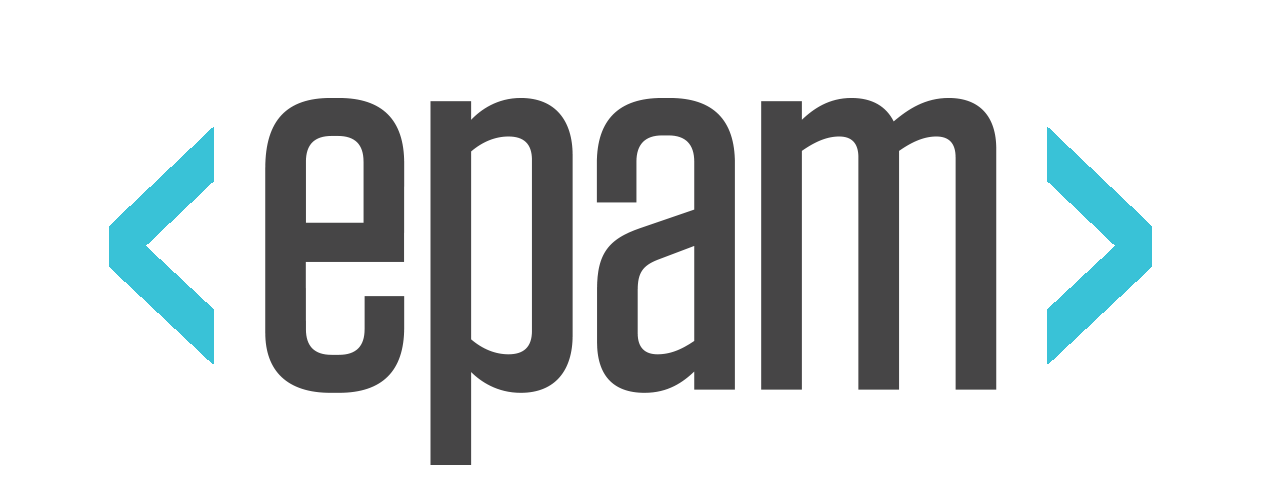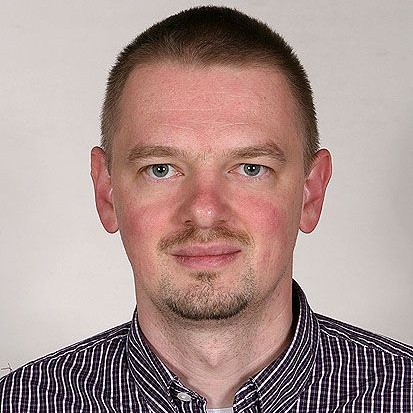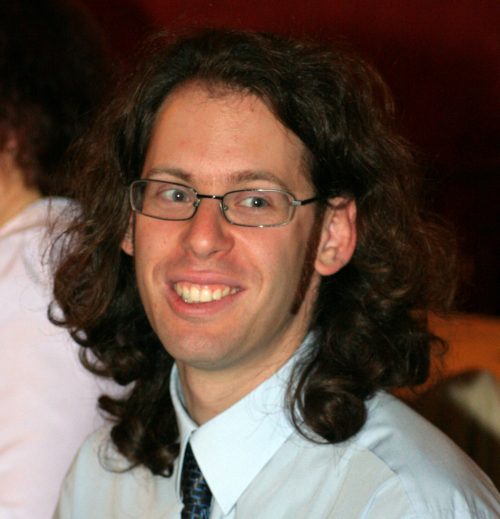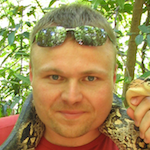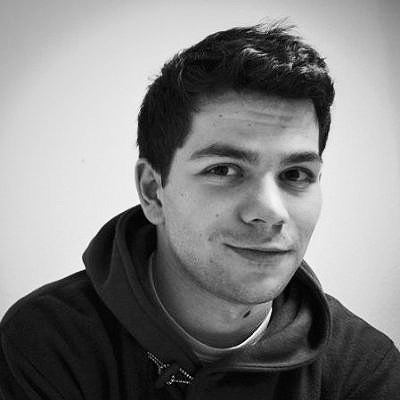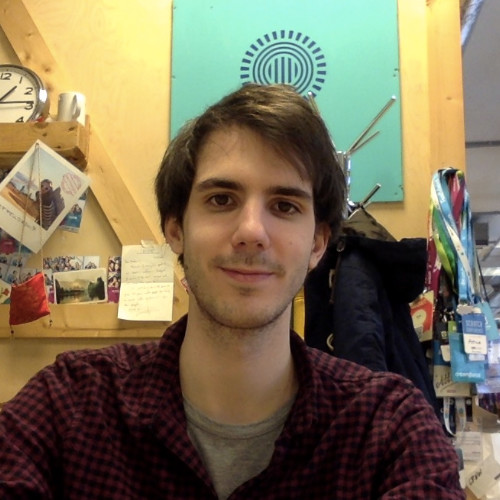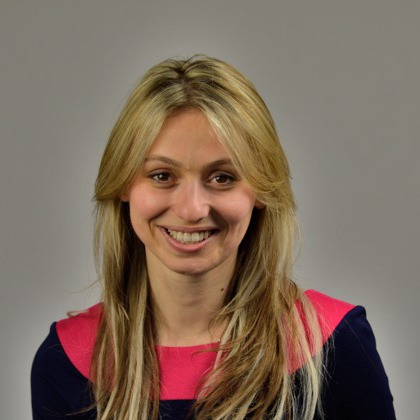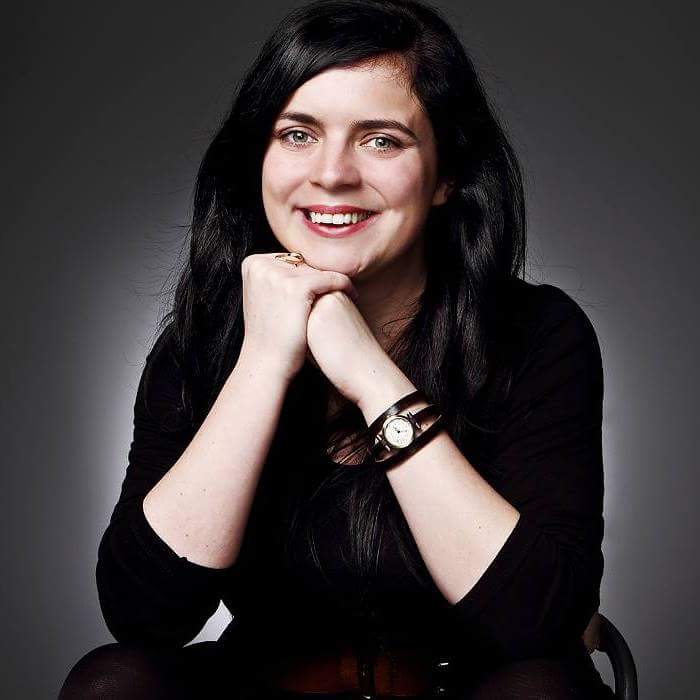speakers

- Alf Rehn
Leading Innovation: Change the Culture, Change the Game
In our hyper-competitive and fast-moving age, the capacity for renewal and innovation is a critical competency for nigh-on any organization. At the same time, we are seeing bigger and bigger problems with innovation and organization’s capabilities when it comes to harnessing this. In his keynote, professor Alf Rehn will discuss the key contemporary innovation problems organizations face, how strong innovation cultures can counteract these, and what innovation leadership is required to thrive in a turbulent age.
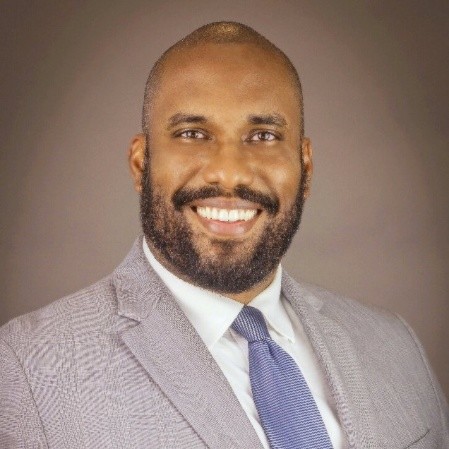
- Anjuan Simmons
Thursday 09:30-10:15
Lending Privilege
Privilege is access to societal and economic benefits based on a characteristic you possess. The most well understood forms of privilege are the ones most people don't choose for themselves like parental, racial, gendered, and physical privilege. However, there are also selected privileges like religion, gender identity, and education.
This session will teach you how to lend your privilege. You’ll learn three types of privilege lending including credibility lending (where you attach your name to a project being undertaken by someone without privilege), access lending (where you provide access to a position, location or event), and expertise lending (where you give the opportunity to be recognized as an expert). These different types of privilege lending will be illustrated through well known examples and concrete examples of how they can play out in the technology industry.

- Ashira Prossack
Thursday 11:20-11:45
Managing a Multi-Generational Workforce
There are now four generations of employees working alongside each other as Generation Z makes their entrance into the workforce this year. Combined with Millennials, these two generations will make up 75% of the workforce by 2025. It’s important that we learn not only how to manage this new generation, but how to manage the dynamics of a multi-generational workforce as well.
This session will take a closer look at managing Millennials and Gen Z and successfully integrating them into the workplace. You’ll learn how to tap into the full potential of Millennial and Gen Z talent, maximize the benefits of a multi-generational workforce, and overcome generational conflicts. We’ll explore strategies to increase employee engagement and retention, boost productivity, and build strong teams. We’ll also break down some of the most common generational myths and their impact in the workplace.
You’ll leave with a new outlook on generational differences and solutions you can implement immediately.
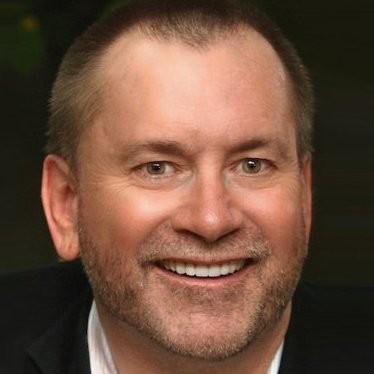
- Bill Jensen
Thursday 10:15-11:00
The Future of Work Begins with Us
We in the STRETCH community are part of the disruptive Fourth Industrial Revolution — creating amazing new ways of working never before possible!
That means we are the in-the-trenches translators between people and digital transformation. When we lead transformation projects, we help our companies and entire supply chains create the future of work.
With that power, comes great responsibilities. More than ever before, we need to understand how our projects impact others, how we are empowering the world, and even the unintended consequences of our work. Many of our users are challenged to keep up. We are leaders for all, not just power users and early adopters.
In this highly engaging session, Bill will detail how today’s disruptive heroes — you! — can create a future that amazing for all of us! He will focus on how new emerging technologies impact people, their behaviors, and their needs. Super-empowering technologies require far more empowerment from leaders and, for some, far more help in going through personal change and transformation.
This session is about leading people through change and transformation while doing digital transformation projects.
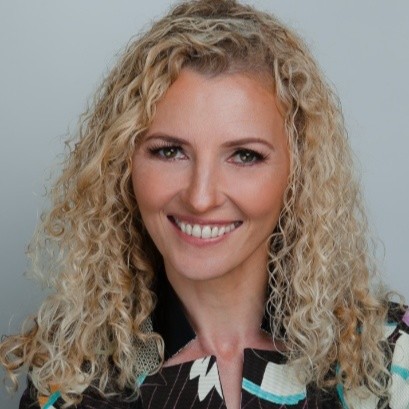
- Carmen Simon
- Memzy
The Science of Stories That Spark Action
There has been so much hype lately on the impact of storytelling in business communication. We keep hearing the buzz about the brain being wired for stories. We know the importance of setting, character, and action. This is why we devour news, novels, and movies. We know all this. But there is so much more. For example, not all stories are created equal. While we tout the "memorability" factor of stories, it is possible for the human brain to forget them. How many stories do you really remember from the past week?
To influence others' action, we must ask: what makes a story memorable? And what is the optimal amount of narrative we can use when you communicate dry or technical information? After all, we want to be memorable and credible. Join this keynote to find out the latest brain science research on storytelling and how to best apply it to influence others in business settings. Specifically, you learn how to:
- Explain, from a brain science perspective, what makes a story forgettable.
- Use three science-based techniques that are mandatory to making any story memorable; and
- Provide the brain with elements it needs to encode a story so it is memorable long-term and actionable.
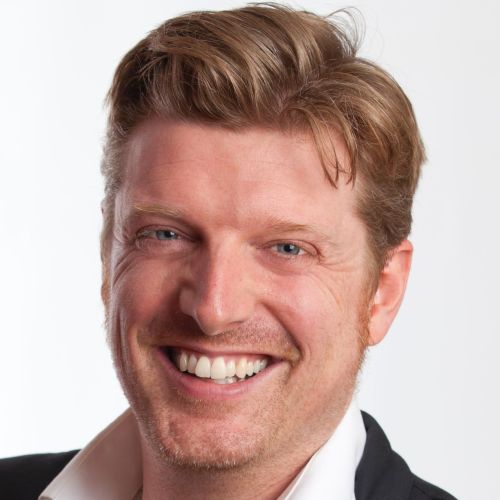
- Heiko Fischer
- Resourceful Humans
Friday 17:00-17:45
Management Beyond Bullshit and Buzzwords - Entrepreneurship, Common Sense and AImee
The Way from Human Resources to Resourceful Humans is one about turning Followers into Leaders, about evolving the industrial approval management towards a new logic of veto leadership. This keynote will provide an insight into real life projects about enabling companies to focus on making contributions to the Customers instead of wasting time with bureaucracy. How can technology help to implement new habits and structures for autonomous teams, where are the limits of technology, why there will be no more HR and how a VR submarine and an AI that is a little girl called AImee will revolutionize Leadership.
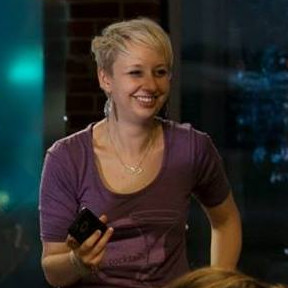
- Jennifer Wadella
Friday 15:05-15:50
The 10 Commandments of Community Organizing
Welcome to the advanced class on community organizing. You’ve got a decent amount of members in your Meetup.com group, you hold events fairly routinely, maybe you’ve pulled in some legit speakers at your last conference or event … and you want to do more. This talk will focus on community organizing for growth and longevity by building out teams, improving communications, implementing processes, and most importantly will discuss how to maintain sanity in your work-life-volunteer balance. If you’ve ever had to answer the question “Oh, this ISN’T your full time job???” - this talk is definitely for you. If you’re just starting out organizing and don’t want to fall flat on your face, this talk will be very pragmatic for you.

- Matthew Philip
- ThoughtWorks
Friday 16:15-17:00
Culture Add Over Culture Fit
Many organizations stress culture fit for their new employees. But by emphasizing culture fit — the person’s assimilable qualities — we lose sight of the person’s additive qualities — prior experiences and new ways of thinking and working — that bring energy, creativity and improvement. Let’s add!
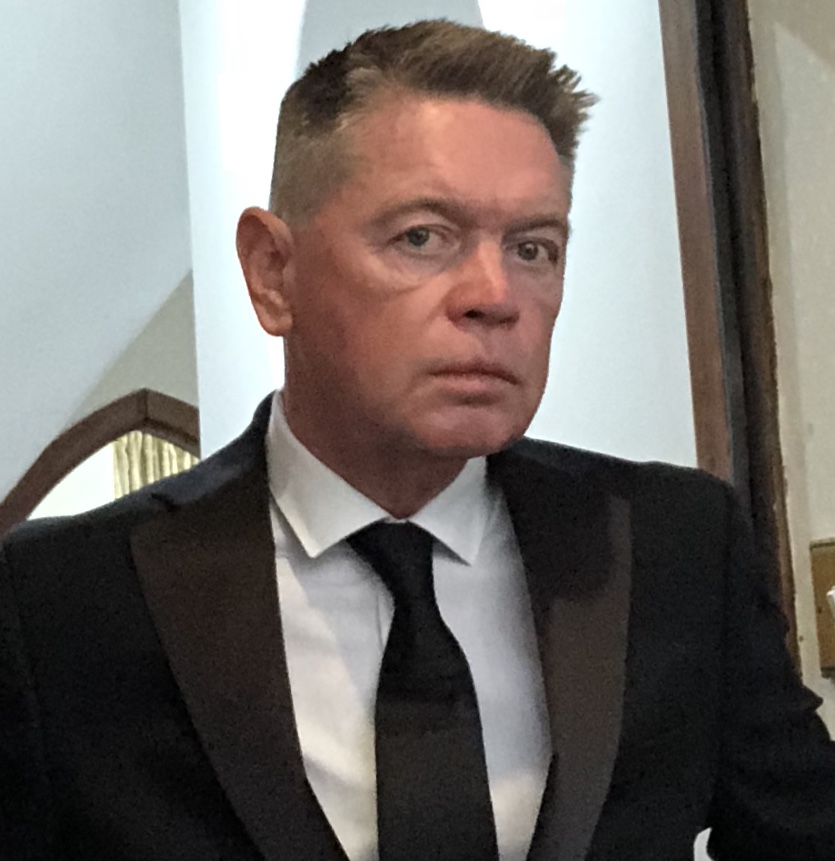
- Michael O'Toole
- Morgan Stanley
Emotional Intelligence in Managing Mega-Projects
Developing and leveraging Emotional Intelligence (EI) within a Project Team is vital to the successful completion of mega-projects. However, EI has been difficult to teach. This session draws on a real-life example to illustrate how EI proved crucial to the success of a mega-project.
A few years ago, the Technology Division at Morgan Stanley embarked on a massive, multi-year infrastructure project. Projects of this size are often delivered behind schedule and may run over budget. However, the MS infrastructure project not only delivered financial benefits, but was also completed on time, within budget, and without any operational disruption to the business. What was the distinguishing factor for this project? How was the project team able to deliver excellent results and also manage risks so well?
The answer is Emotional Intelligence (EI) –the ability to effectively process and integrate emotion with reason. The importance of Emotional Intelligence grows with the size and complexity of a project. Mega-projects have many moving parts, large teams, and a long and complex lifecycle. While standard project management processes are a basic requirement, possessing EI is vital when it comes to delivering a mega-project.
As Artifical Intelligence (AI) matures, workforce demands will dictate a shift from hard skills to EI. The next generation of leaders and Project Managers will need to be emotionally intelligent. Yet, EI has traditionally been difficult to teach because it is highly context-sensitive and there are few ‘rules’ that work in every situation.

- Richard Lewington
- Plain Concepts
Friday 10:00-10:45
Augmenting the Reality of Education for the 21st Century
In fewer than 50 years we have seen massive changes in the classroom.
From chalkboards to videotapes, the introduction of computers to interactive whiteboards, and now the implementation of Augmented Reality and Artificial Intelligence.
But how much learning value can AR & AI actually offer students beyond the “WOW factor”?
Are we just rehashing old teaching methodologies and redressing them up with the latest technology? Or should we be exploiting AR & AI’s potential as a tool rather than just another medium?
Additionally, by integrating 21st-century skills and gamification into our design thinking, we can push the potential of educational applications to the limits!
Richard Lewington explores these topics and discusses what we should be doing about them.
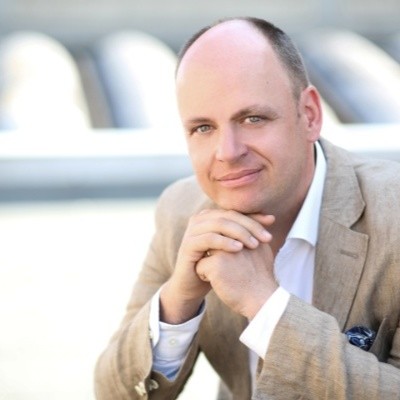
- Robert Byssz
- Philips
Thursday 16:10-16:55
Screw Agile transformation, transform yourself instead!
Which was first, agile organizations or Agile methodologies? Why do companies believe the best way to become more adaptive (i.e. agile) is to implement Agile methodologies? Did the companies, who are leading the pack in digital transformation focus on implementing Agile or on something else? Do companies know at all what Digital Transformation is about?
I will share with you what I have learnt and collected both from my own transformation experience and from what my peers have shared with me. All my peers, who I interviewed are responsible for global / regional (agile/digital) transformation just like myself. I have collected misconceptions and mistakes about this topic and will help you to guide yourself and your organization to the direction where the leading companies are heading to.

- Dr. Rochelle Carr
Friday 11:05-11:50
Breaking the Excuse Barriers in Leadership
Excuses, excuses, how many of us have them? Breaking The Excuse Barriers In Leadership addresses how to overcome barriers that hamper creativity and clog our ability to positively influence others in leadership contexts. We will explore in depth how to cast aside unproductive habits that hinder our full leadership potential. In particular, the talk will focus on how to:
- Overcome the fear of something new
- Recognize that leadership is a continuous stretch – Tension is Good
- Be intentional about achieving growth
- Choose a different path: stop running into dead ends
- Reshape your character to facilitate personal growth
- Acknowledge that capacity is predicated on growth
After attending this discussion, participants will be better equipped to recognize, articulate, and execute strategies to eliminate excuse barriers in their own leadership. They will gain a greater sense of awareness about their individual leadership strengths and areas for growth, a deeper understanding of team dynamics, and greater confidence in applying meaningful strategies to help a group achieve its goals.

- Ryan Kerr
Thursday 15:25-15:50
Micro Goals Lead to Massive Changes
Micro Goals isn’t just for leaders and game changers, it’s a way of rebuilding momentum or changing direction in your life for anyone. Human desire for instant gratification & success has quick wins & failure shortly behind it. This simple system helps reverse engineer massive wins in a sensible way, mentally setting you up for success and internally giving you a sense of momentum.

- Sharon Steed
Thursday 15:00-15:25
Creating a Culture of Empathy
The most successful endeavors all follow the same general trajectory: a decent idea executed flawlessly by a cohesive team of hard workers. No matter the project, everything can be achieved following this general guideline. But the exact thing that can create global companies, solve impossible problems, and bring ideas to life is also the same reason why so many companies fail. That thing is us. People. But when we’re at our best, there isn’t anything we can’t do. So how do we optimize collaboration? How do we work better together even if we don’t see eye to eye with everyone on our teams? And how do we create a culture of empathy when all we can see about everyone around us is our differences?
Sharon Steed explores empathy in an unusual way: from the perspective of a stutterer. Sharon explains what empathy is (and what it isn’t) and gives you the tools you need to create a culture of empathy on your team.
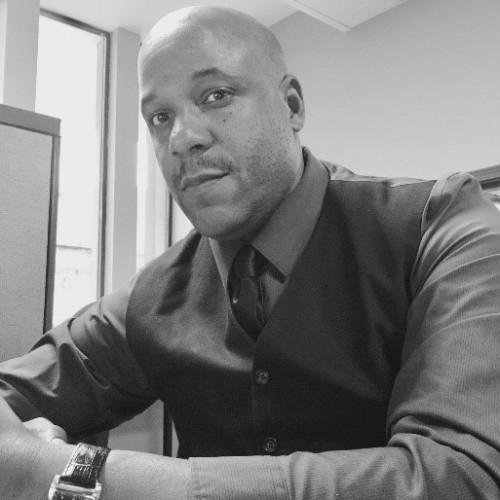
- Stacey Jenkins
- Crux Conception
Thursday 14:15-15:00
Understanding and Improving Team Dynamics: Using FBI Negotiation & Active Listening Skills
Stacey has more than two decades of teaching and instructing. His areas of experience include incorporating psychology in addition to hostage negotiation methods, to achieve higher levels of leadership, team and group effectiveness. this concept has proven sound and efficient in regards to producing advanced degrees of success in the areas of administration performance and consumer awareness.
Stacey's approach derives from his experience as an adjunct professor (psychology & group dynamics) and experience as an interrogator/profiler and hostage negotiator. His proficiency with said skills has allowed him to assemble a method, which will integrate your HR, business, sales, and corporate sectors. Stacey’s research and practice will assist companies, organizations, and groups by merging psychology in consort with Active Listening Skills (ALS), which will result in an accelerated-advance technique, devised to build rapport as well as enhanced recruiting methods.

- Stephen de Villiers Graaff
Friday 11:50-12:35
Extreme Leadership
The only meaningful measurement for a leader is whether the team succeeds or fails. Nothing else matters. In fact, everything you currently believe is valuable is simply a byproduct of you, as a leader, creating an environment where success is inevitable. But to achieve this state, organisations need to approach people, leadership, hierarchy, management and delivery very differently. Human systems and Agile environments are at their very best, non-linear and fluid. Loosely coupled networks replace rigid structures and reporting lines. Traditional management is simply ineffective and counter-productive in this space. We need a fundamentally new approach to people dynamics to succeed. Part of that journey is embracing extreme leadership.
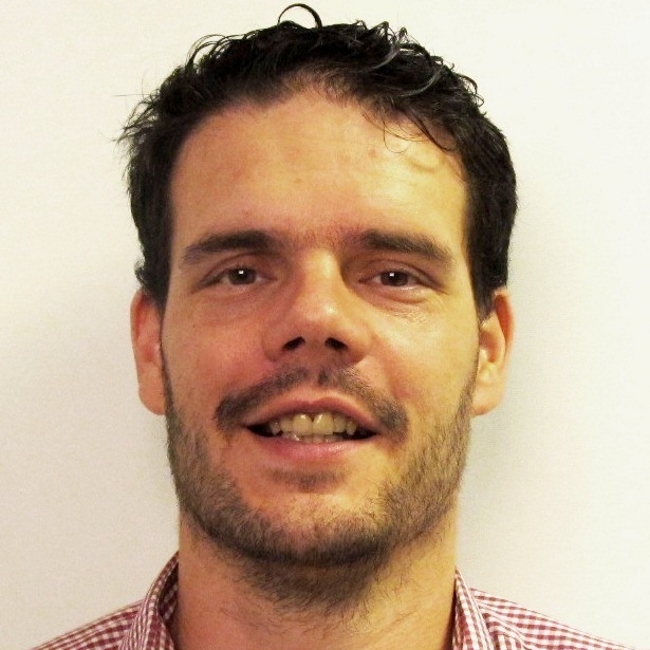
- Szabolcs Biró
- EPAM & Ericsson
Thursday 12:10-12:45
Data-driven Leadership
We live in a world deluged with data and inundated with information, yet when we need to make leadership decisions about people in our organizations, we still feel we don’t have enough substance to rely on. How can this be?
When it comes to taking over a new team or appointing new leaders, just what data can you rely on? What sort of information flows through your team? How do your internal relationships function? Wouldn’t it be great if you could visualize these relationships? Think of what you could learn from such maps.
Using sociometric explorations, we will guide you through the theory of mapping, providing a practical guide and descriptive examples from 25- and 85-person organizations.
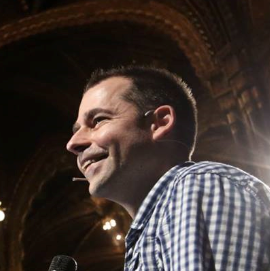
- Péter Orbán
- EPAM & Ericsson
Thursday 12:10-12:45
Data-driven Leadership
We live in a world deluged with data and inundated with information, yet when we need to make leadership decisions about people in our organizations, we still feel we don’t have enough substance to rely on. How can this be?
When it comes to taking over a new team or appointing new leaders, just what data can you rely on? What sort of information flows through your team? How do your internal relationships function? Wouldn’t it be great if you could visualize these relationships? Think of what you could learn from such maps.
Using sociometric explorations, we will guide you through the theory of mapping, providing a practical guide and descriptive examples from 25- and 85-person organizations.

- Tomasz Dubikowski
- Ocado Technology
Thursday 16:55-17:40
7 Deadlier Sins of Leadership
In each part of the presentation we discuss one of the deadly sins. For each sin, I will present a behaviour that we can observe in leaders' work related with this sin and a cognitive bias that makes us, as human, to behave that way. Please find details of each part of the presentation.
- Pride – we tend to think we know more than we actually do. This is caused by the illusion of knowledge. The learning is that some of our decisions may be based on opinions rather than facts.
- Greed – we tend to pick the most interesting work and lose sight of our team. This may not work due to cheerleader effect. The learning is we may achieve less than we could when we work alone.
- Lust – we want everything, forgetting to ask ourselves why we actually need it. In psychology it’s called Cargo Cult. The learning is that we may introduce new tool or processes etc. just because other organizations do or because we’ve heard about them on a conference.
- Envy – we prefer our own solutions - the ones we proposed. In the discussion we are affected by confirmation bias and look for arguments (and give them a greater value) that agree with our opinions. The learning here is that we may choose worse solution only because we are the author.
- Gluttony – we tend to propose more and more new things. When it’s not enough we create our own, unique solutions. Sometime it’s hard to get rid of them because of Ikea effect, which states that we put a greater value into things we created ourselves. The learning is that we may use worse solutions only because they are ours.
- Anger – we get angry in work, but we really look at the big picture due to deflection to the result effect. As humans we tend to evaluate things only basing on the effect, omitting entire context. The learning is that we may make decisions not based on full information.
- Sloth – we are lazy and we choose the same ways all over again. This happens due to well-travelled road effect. The learning is that we may achieve no results using the same way again an again.

